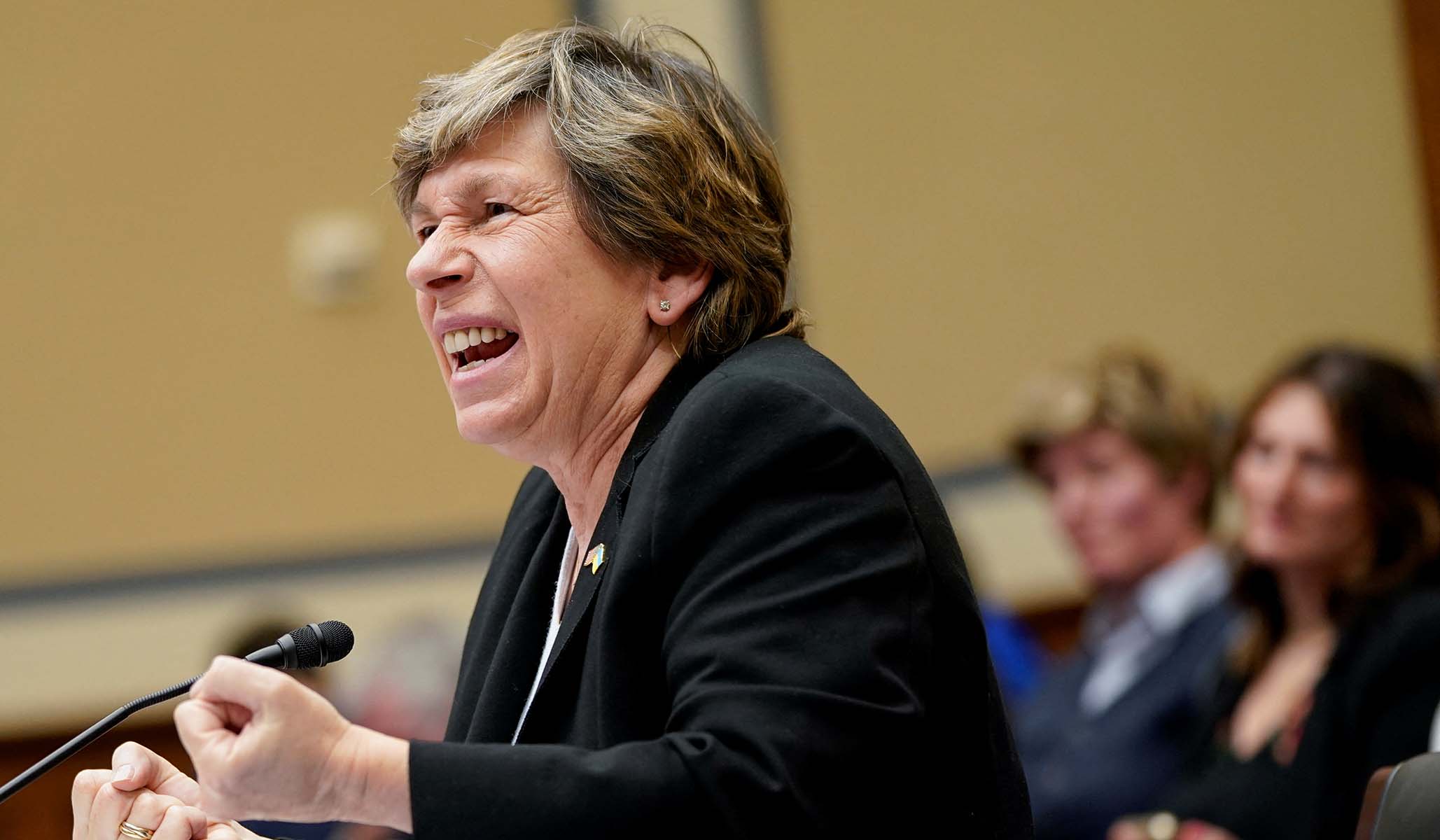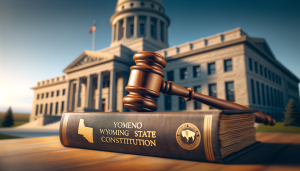Wyoming’s First-in-US Abortion Pill Ban Blocked Before It Takes Effect

Wyoming’s abortion pills are still legal for the time being. A judge ruled on Thursday that Wyoming’s law, which is the first in the nation to ban these pills, will not take effect as planned on July 1, while a lawsuit continues.
Teton County judge Melissa Owens, after hearing both sides’ arguments, ruled that Wyoming’s attorneys failed to prove that allowing the ban’s implementation on schedule would not harm the plaintiffs’ case before it is settled.
Owens granted the request of the plaintiffs to temporarily block this ban, saying that they “have clearly shown probable success on merits”.
Wyoming became the first U.S. State to ban abortion pills specifically in March. Other states have banned the medication de facto by prohibiting abortion.
|
Two nonprofit organizations including an abortion clinic which opened in Casper, Wyoming in April, and four women including two obstetricians have filed a lawsuit to challenge the law. They asked Owens for a suspension of the ban until their lawsuit is resolved.
Plaintiffs also filed a lawsuit to stop Wyoming’s near-total abortion ban, which was enacted by the state in March. Owens suspended the law and combined both lawsuits.
Marci Bramlet told Owens that because abortion is still legal in Wyoming and women would have to undergo more invasive surgeries if abortion pills were banned.
Bramlet explained that the stent is a better alternative to open heart surgery.
In court, a state constitutional amendment passed in 2012 was also in play. In response to the Affordable Care Act (a federal health law), the amendment passed by Wyoming voters says residents have the right make their own decisions about health care.
Wyoming’s new laws on abortion allow for exceptions in cases of life-saving and rape/incest reported to the police. Jay Jerde argued that abortions for other reasons are not covered by the amendment.
Jerde explained that abortion is not about restoring the body of a woman from physical pain, injury or sickness. “Medical services may be involved, but an abortion that is not for health reasons cannot be considered a medical choice.”
Owens emphasized that pregnancy is a painful and sickening experience. Jerde countered that women do not get abortions because of this.
Later, attorneys for the plaintiffs questioned the state’s ability to know the motivations of women who get abortions.
Wyoming’s new law was enacted last year after the U.S. Supreme Court overturned Roe v. Wade. Since then, 25 million women and teens have faced either stricter restrictions on terminating their pregnancy or a total ban on the procedure.
Wyoming is the only state that has banned abortion pills. Other states have implemented de facto restrictions on the drug by prohibiting abortion in general. In April, the U.S. Supreme Court decided that access to mifepristone (one of the two abortion pills) could continue even if litigants were seeking to overturn FDA approval.
Wellspring Health Access is one of the plaintiffs in abortion lawsuits. After an arson attack in 2022, Wellspring opened its first Wyoming full-service clinic in many years in April. Wellspring provides pill abortions as part of its services.
“Medication abortion has been approved by FDA for over two decades. It is safe and effective.” “Abortion pills are responsible for more than half the abortions performed in the United States. We are proud to offer medication abortion at our Casper facility to patients across the Mountain West,” Wellspring president Julie Burkhart stated in a press release praising this ruling.
Only one clinic in Wyoming, a Women’s Health Center in Jackson (about 250 miles away) offered pill abortions.
Wyoming officials did not immediately respond to a comment request, but had previously promised to vigorously defend new laws’ legality.
In the United States, the use of two types of pills taken daily has become the most popular method to end a pregnancy. This is partly because it’s a less invasive option than surgical abortions. Wyoming Gov. Mark Gordon signed legislation that outlawed medication abortions. According to the Guttmacher Institute – a group which supports abortion rights – no state had passed such a law.
15 states had already restricted access to the pills.
Owens, who was appointed by Gordon, a Republican governor, to replace her, has blocked three abortion laws, starting with one that was due to come into effect last summer.
She represents the GOP-dominated Sublette, Fremont and Teton counties. Teton County is a wealthy and non-Republican county that many Wyomingites do not see as representative of Wyoming.









No Comments